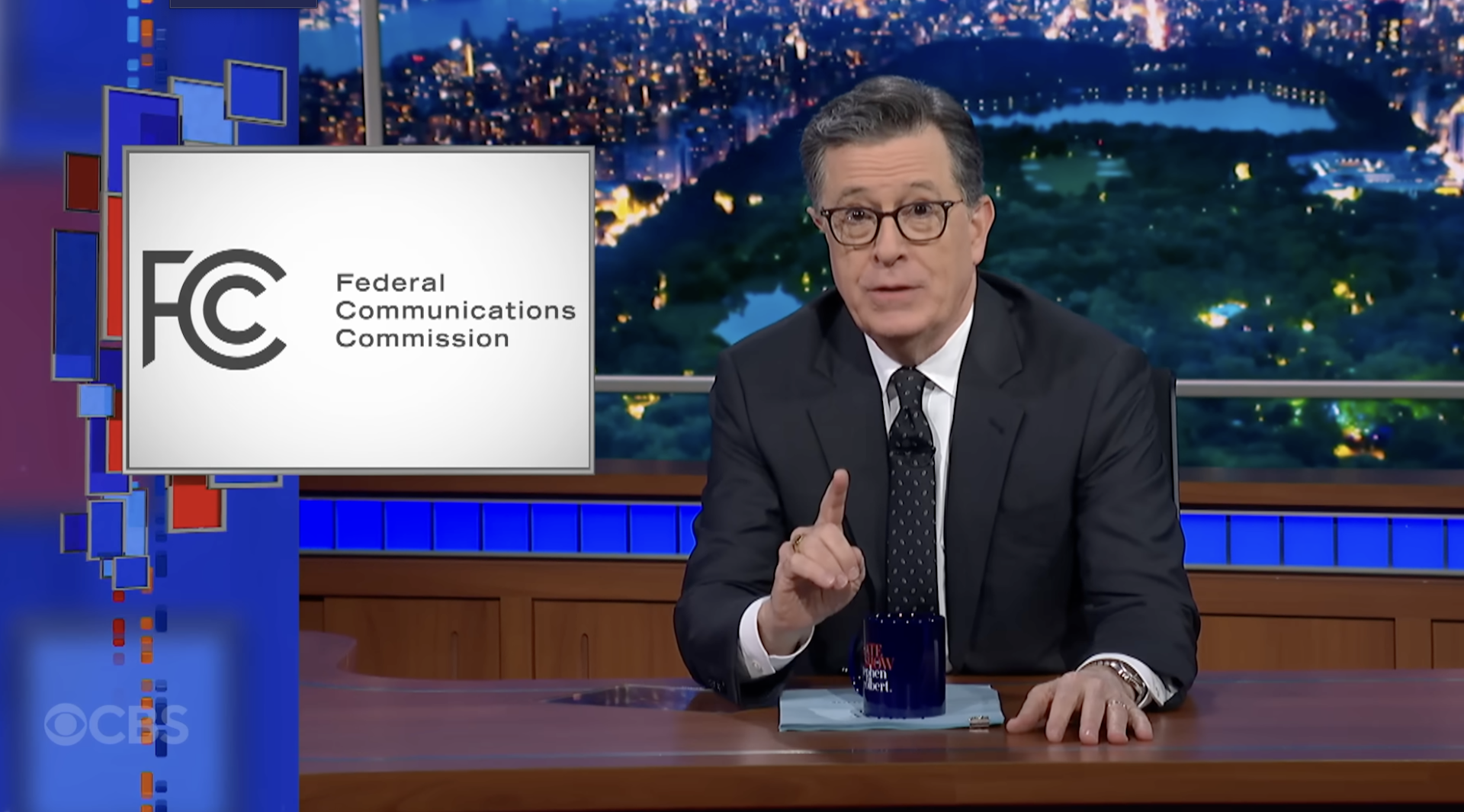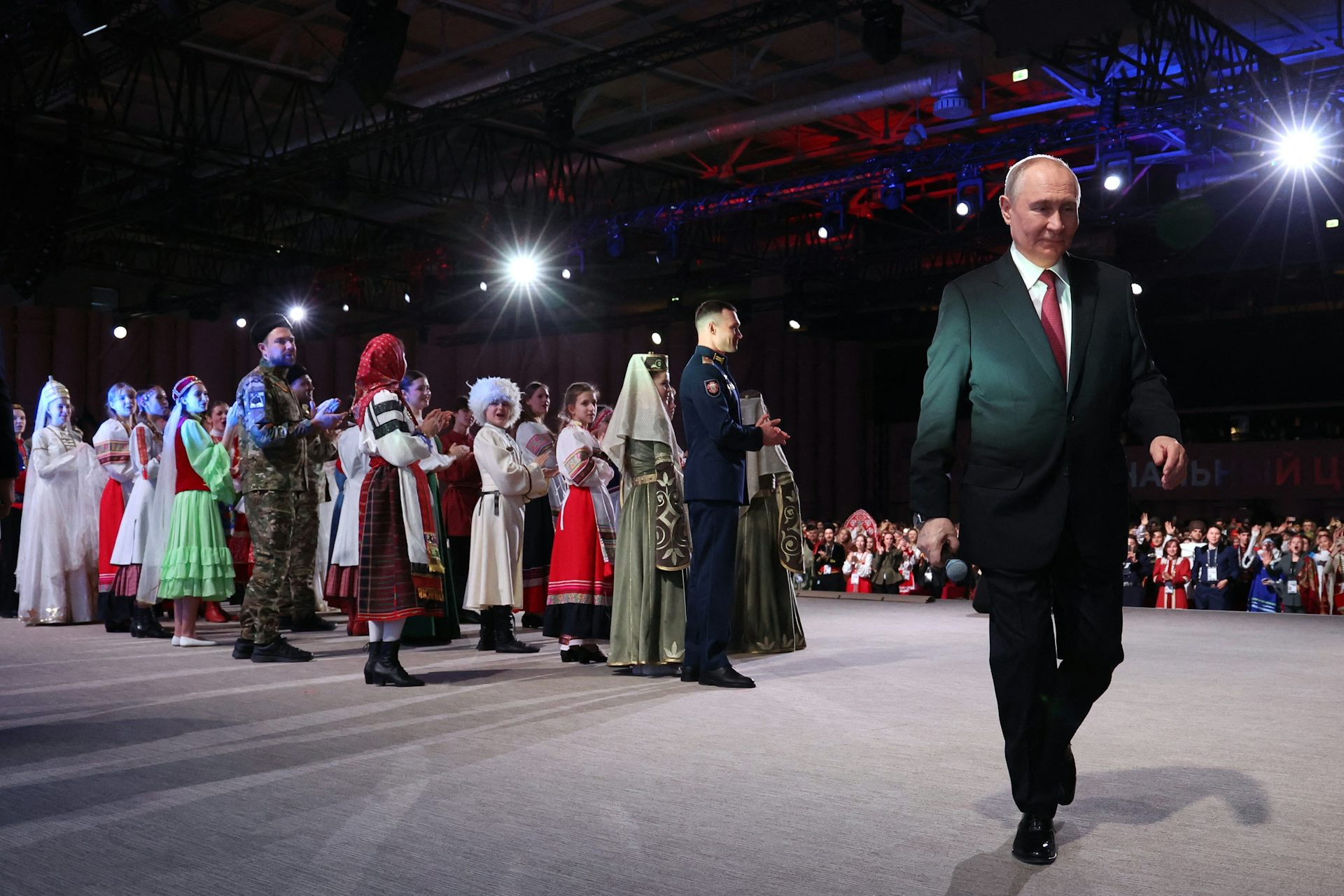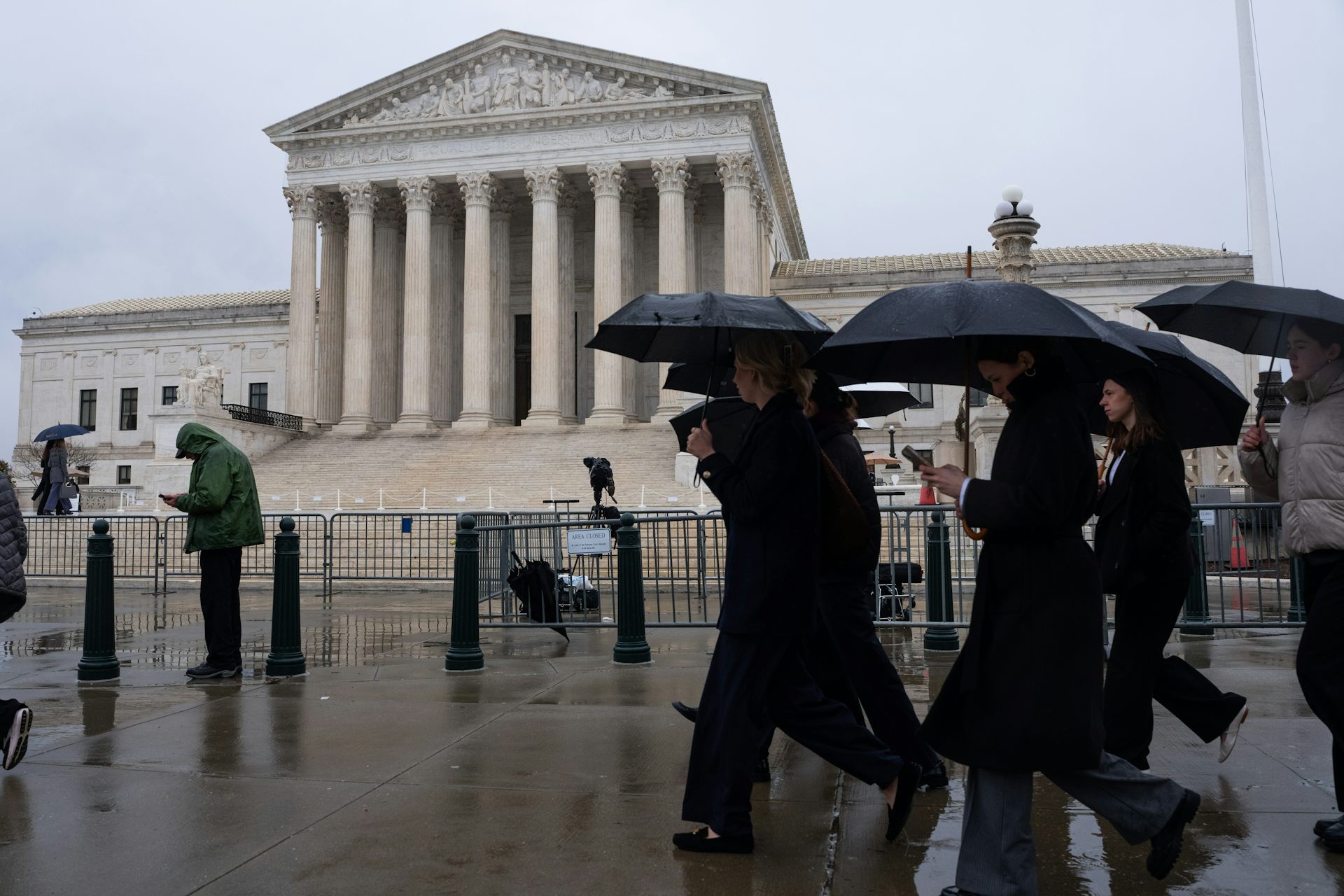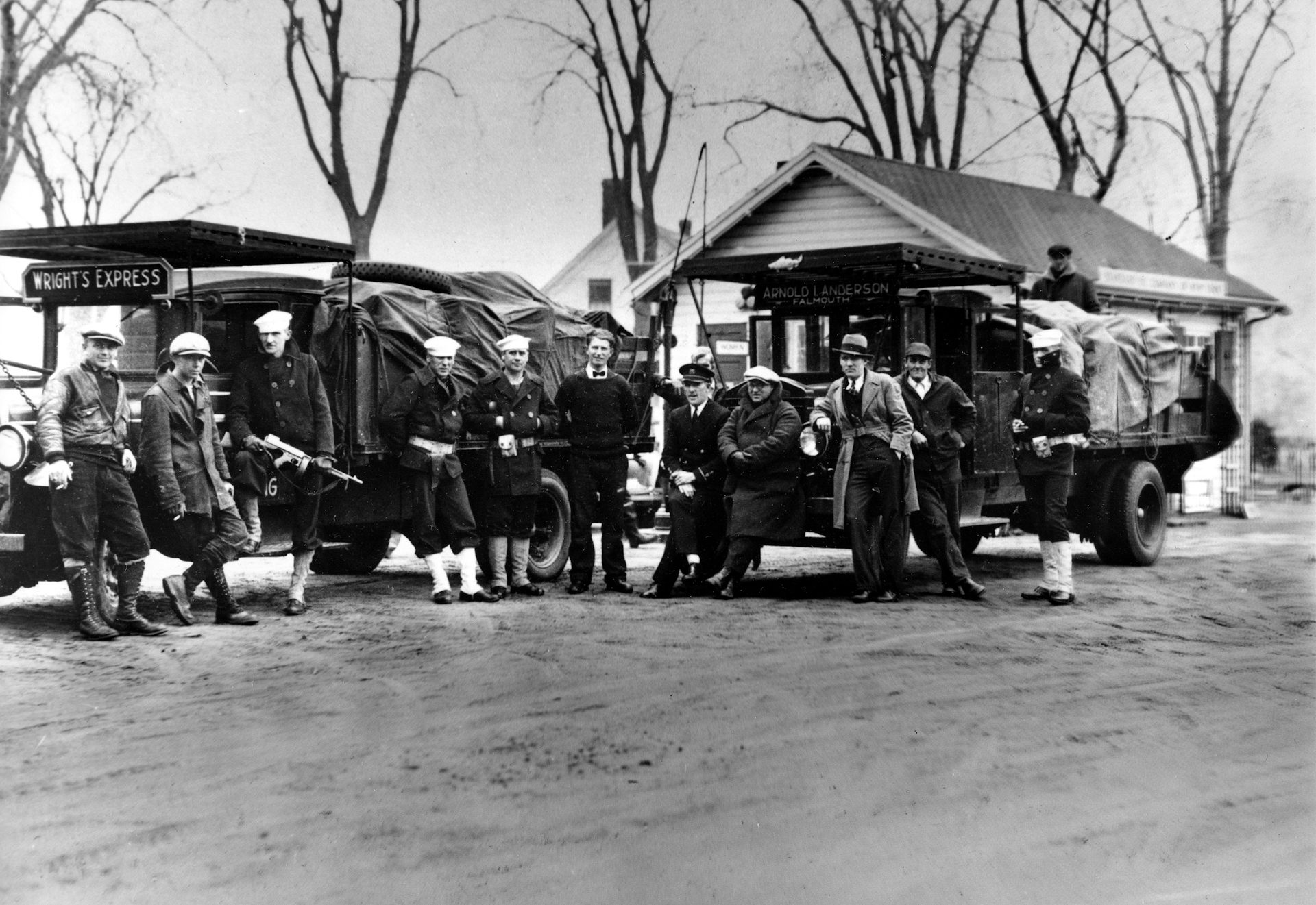A criminal law scholar explains how jurors are selected in cases that involve Donald Trump
Despite several efforts to delay the case involving hush money payments to a porn star, Donald Trump becomes the first former US president to go on trial on criminal charges on April 15, 2024.
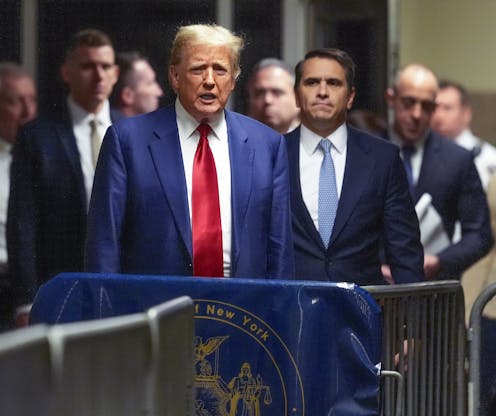
Every defendant is entitled to a fair and impartial jury.
But the process to find one can be long and taxing, particularly in a high-profile trial such as the one in New York, in which Donald Trump stands accused of fraud in his efforts to cover up his relationship with porn star Stormy Daniels by paying her US$130,000 in hush money.
In this case, Manhattan District Attorney Alvin Bragg charged the former president with 34 felony counts of falsifying business records. Trump entered a plea of not guilty.
Since then, Trump has unsuccessfully tried to delay the trial, including a last-minute attempt on March 18, 2024, when Trump’s lawyers claimed in a motion that he needed more time because of “prejudicial” publicity that made it nearly impossible for Trump to receive a fair trial.
Despite those attempts to postpone the trial, jury selection is scheduled to begin on April 15, 2024. Once the members are selected, the trial is expected to feature testimony from both Daniels and Trump’s former lawyer Michael Cohen, who has admitted making the unlawful payments to Daniels.
In an unusual move, Judge Juan Merchan, who is overseeing the case, had already released the questionnaire for potential jurors and said he would use an anonymous jury. In his ruling on March 7, 2024, Merchan cited “a likelihood of bribery, jury tampering, or of physical injury or harassment of jurors.”
Given all the news coverage of Trump’s legal woes and antics, just how does the court select a fair and impartial jury?
An imperfect system
Regardless of how long it may take, selecting an impartial jury is fundamental to a defendant receiving a fair trial and is enshrined in the Sixth Amendment to the U.S. Constitution:
> “In all criminal prosecutions, the accused shall enjoy the right to a speedy and public trial, by an impartial jury of the State and district wherein the crime shall have been committed …”
In order to select an impartial jury, judges and lawyers engage in what is called “voir dire,” a French phrase taken from the original Latin that means “to speak the truth.”
A civil or criminal trial presents the opportunity for the judge, prosecutors and defense lawyers to ask potential jurors questions to ensure that each meets the constitutional requirement of being impartial and able to deliver a decision free of any prejudice and based on the evidence.
A popular misconception is that an impartial juror is one who does not know anything about the case before them.
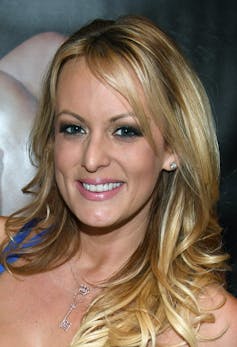
That is inaccurate.
Through a series of questions asked by judges, prosecutors and defense attorneys and answers from potential jurors, the judge will ultimately have to decide whether a prospective juror can put aside any beliefs, biases or preconceptions and render a verdict based only on the evidence presented at trial and in accordance with the judge’s rulings.
The process often starts with potential jurors completing a questionnaire before a trial starts. Typical questions include whether a potential juror has been involved in a criminal case either as a defendant or victim. Another question might ask whether a potential juror has been convicted of a misdemeanor or felony.
Once the questionnaires are reviewed by the judge and attorneys on both sides, the pool of potential jurors is reduced by certain automatic disqualifications, such as no longer residing in the jurisdiction or being related to a court officer involved in the case. Once those disqualifications are completed, the judge and lawyers can then ask questions of potential jurors in the courtroom until they agree on 12 jury members and one or two alternates.
In the case against Trump, lawyers may ask questions that would allow the lawyers to draw inferences about the ability of the prospective juror to be fair and determine which jurors are more disposed to vote for their side of the case.
They could include questions such as: “What station do you watch for your news?” “What newspapers and magazines do you read?” “What part of town do you live in?” “Did you attend the ‘Stop the Steal’ rally?” “Did you attend the ‘Black Lives Matter’ rally?” “What clubs and organizations are you in?” “Do you believe that the election was stolen?” “Do you believe Biden is the lawfully elected president?” “Do you believe Trump is being treated unfairly by the legal system?”
Potential juror disqualifications
There are two ways that prosecutors and defense attorneys can remove a prospective juror from the jury pool.
The first is disqualifying a juror “for cause.” This is permitted when a potential juror responds to a question in a way that makes the court believe that the juror cannot be impartial. For example, a juror may say that he has made up his mind on the case from media accounts and no amount of evidence could sway his opinion. Such a juror would be disqualified for cause.
The second way to remove a juror from the pool is known as a peremptory challenge, in which a potential juror can be disqualified for almost any reason, even if the juror is otherwise eligible and not susceptible to be removed for cause. One important limit on the peremptory challenge is that the Constitution forbids the use of race as the basis for excluding a juror.
Significantly, while the number of “for cause” strikes is unlimited, each side is given only a few peremptory strikes to use.
In the New York case, for instance, the lawyers on both sides will look for political affiliations, among other factors, in order to determine whether to exercise their peremptory strikes. The prosecutor might reasonably infer that a prospective juror who watches Fox News, reads the local conservative newspaper and volunteers as an organizer for the Republican Party is pro-Trump. Because of that, the prosecutor might exercise a peremptory strike.
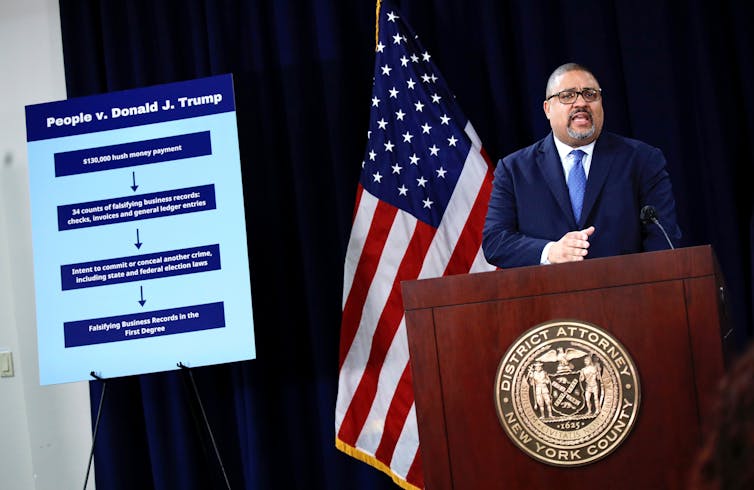
The same is true for the defense lawyers. If many details about the prospective juror’s life suggest they are a liberal Democrat, then the defense lawyer would consider a peremptory strike, even if that juror swore under oath that they could be fair.
The role of a judge
As a longtime criminal law scholar and a practicing criminal defense attorney, I have seen how judges tend to be more concerned with quickly empaneling a jury than making sure potential jurors are able to be impartial. Consequently, judges tend to rehabilitate borderline jurors by asking them questions that nearly always elicit a “yes” answer.
A conversation like the following is not uncommon:
Judge: Mr. Smith, even though you told us that you have followed this case closely on the news and firmly believe that the defendant is guilty, can you set aside those beliefs and render a verdict based on the evidence produced at trial?
Juror: Yes.
Judge: I find this juror qualified to serve.
Judges often limit and restrict lawyer questioning during voir dire. This disserves the criminal legal system. If lawyers were more involved in the questioning, they would ask more probing questions and expose disqualifying biases. But to do a full and robust voir dire takes a long time.
The point here is that the voir dire process is imperfect, even if it does work to ferret out the deepest and most strongly held biases.
We can and should do better. The Constitution demands nothing less.
Ronald S. Sullivan Jr. does not work for, consult, own shares in or receive funding from any company or organization that would benefit from this article, and has disclosed no relevant affiliations beyond their academic appointment.
Read These Next
Why Stephen Colbert is right about the ‘equal time’ rule, despite warnings from the FCC
The ‘equal time’ rule has been around for a century and aims to promote broadcasters’ editorial…
As war in Ukraine enters a 5th year, will the ‘Putin consensus’ among Russians hold?
Polling in Russia suggests strong support for President Vladimir Putin. Yet below the surface, popular…
Supreme Court rules against Trump’s emergency tariffs – but leaves key questions unanswered
The ruling strikes down most of the Trump administration’s current tariffs, with more limited options…


